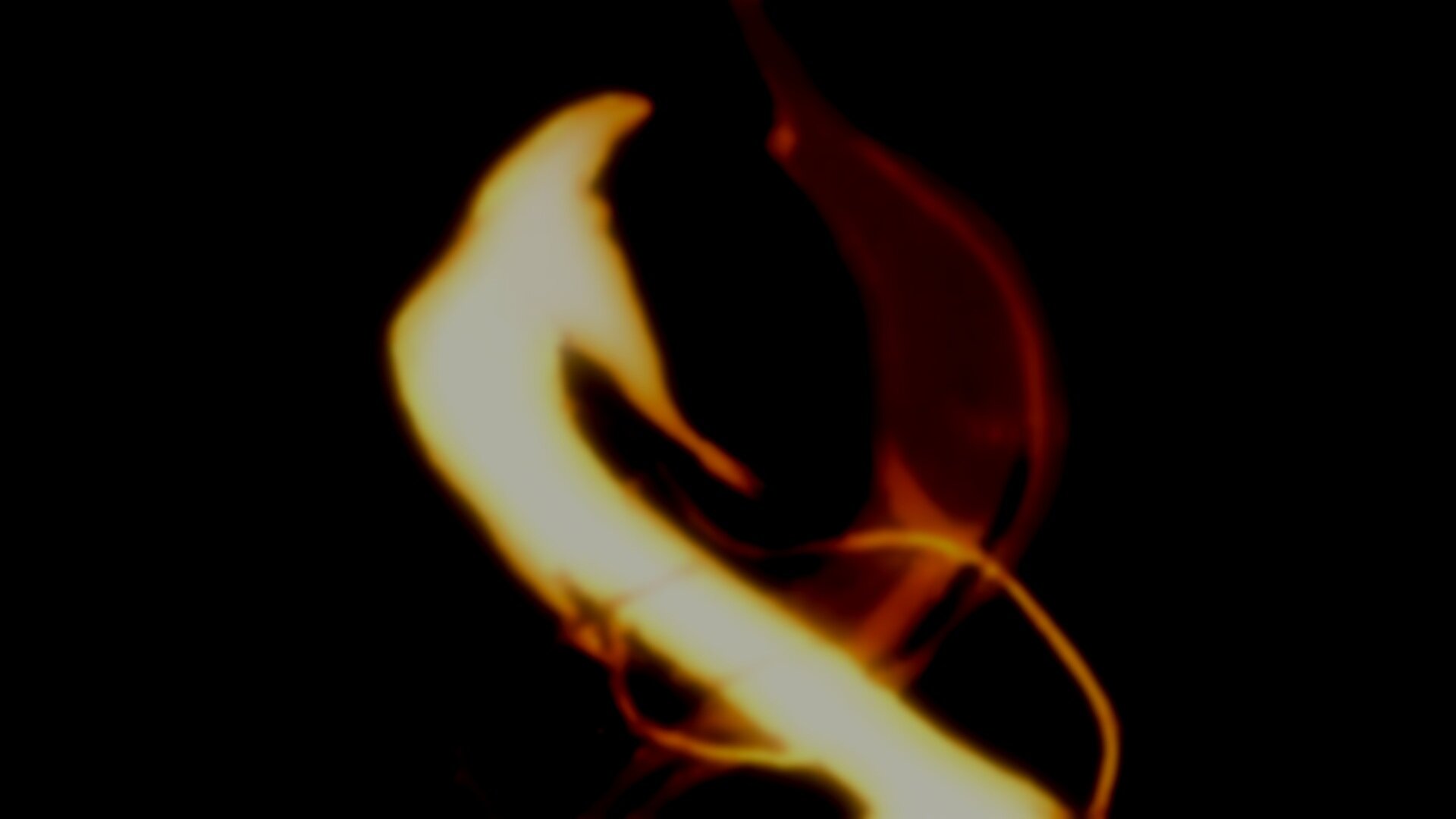
Kapaemahu reveals the healing power of four mysterious stones on Waikiki Beach - and the legendary dual male and female spirits within them.
Synopsis
Long ago, four extraordinary individuals of dual male and female spirit brought the healing arts from Tahiti to Hawaii. The name of their leader was Kapaemahu. Beloved by the people for their gentle ways and miraculous cures, they imbued four giant boulders with their powers. The stones still stand on what is now Waikiki Beach, but the true story behind them has been hidden – until now.
Kapaemahu brings this powerful legend back to life in vivid animation, seen through the eyes of a curious child.
A oia mau malihini he u'i kanaka leo mali'u, a he nonohe waipahe no na'e.
The visitors were tall and deep in voice, yet gentle and soft-spoken.





